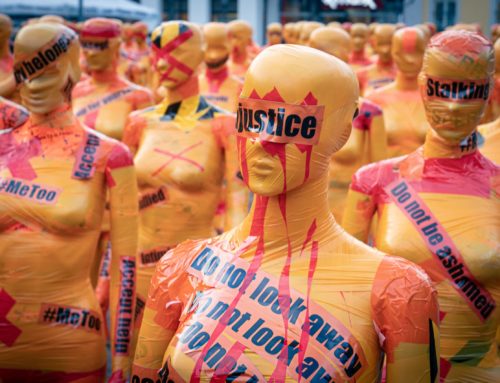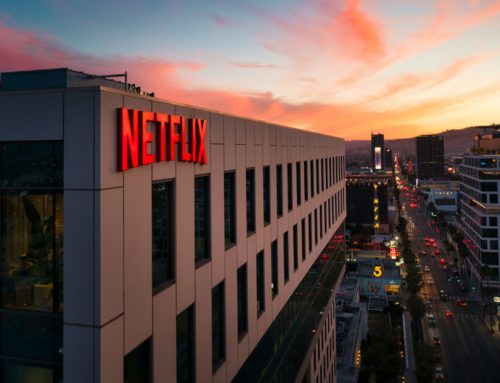Following the headline making Barclays fraud cases that have closed over the past year, the number of dismissed cases and defendants who walked away have revealed a flawed strategy in the Department of Justice’s prosecution. In a detailed Wall Street Journal article, reporters Aruna Viswanatha and Dave Michaels delve into the crackdown of Wall Street executives following the 2008 financial crisis and how the Yates Memo of 2015 has led to an increase in individual prosecutions yet a dwindling success rate in convictions.
According to data from Duke University Law School, the DOJ prosecuted 28% more employees of banking institutions in cases “where companies received leniency through so-called deferred or non-prosecution agreements” over the last five years. However, the DOJ’s conviction rate in these cases dropped to 79% compared to their typical 94% success rate.
Critics argue that there are several reasons for these dismissed cases or non-guilty verdicts. Some of these include the DOJ’s attempt to criminalize conduct that may have been questionable but not illegal, prosecutors encouraging banks to violate employee’s self-incrimination rights in order limit the bank’s own liability, and ultimately prosecuting individual employees “as a proxy for much wider wrongdoing” within the banks.
Much of the rise in these individual prosecution cases can be attributed to the use of the Yates Memo. The Yates Memo, with an aim to increase transparency in the industry and usable evidence, offers companies credit for cooperating in a criminal investigation only if the company provides specific information about the individuals involved in the misconduct. This information in exchange for the company’s limited liability often includes inter-employee chats, client emails, trading records, meeting calendars and other details. Prior to the Yates Memo, companies could cherry-pick the information they were willing to turn over to investigators, often citing employee privacy policies.
Seven of these individual financial fraud cases are still pending, so we will continue to monitor how they develop, and whether the DOJ experiences more pressure from judges and juries to reevaluate its prosecution strategy.







